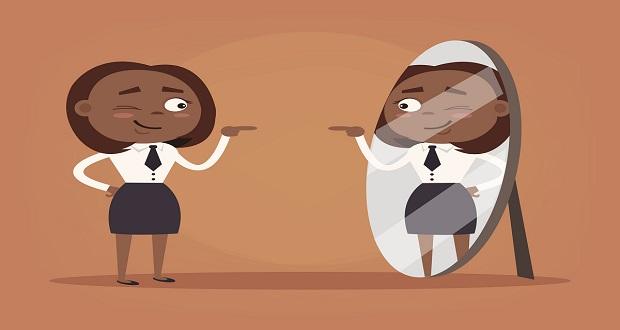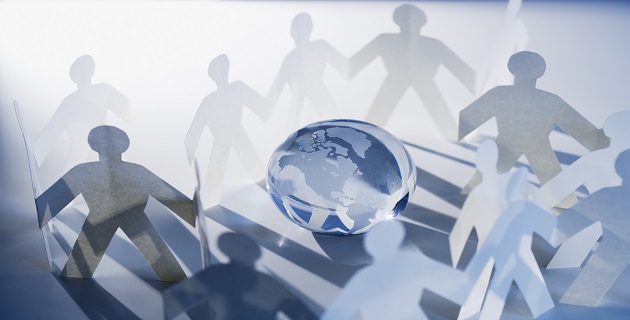I recently began working and volunteering in spaces that deeply value gender-inclusive practices and language. As part of these practices, we are encouraged to use phrases like “hey, everyone” or “hey, y’all” instead of “you guys” for the second person plural.
As I worked to incorporate this change, I stumbled through greetings, unconsciously defaulting to “you guys” until I learned to use “everyone” instead.
Learning to use “everyone” took time, but I hit an internal roadblock when it came to using “y’all.” Despite spending my formative years in Texas and Louisiana, I could not say the word, and I felt a twinge of annoyance each time another person used it.
My inner soundtrack wondered if my resistance was proof that I wasn’t committed to inclusion for the LGBTQ+ communities I deeply care about.
Then I remembered the first time I used “y’all” in conversation after relocating to New Jersey. I was in a group of new friends, and the conversation literally skidded to a stop.
“What did you say?”
“Was that a ‘y’all’?”
“How many syllables did you use?”
The number of syllables in the word y’all depends on the degree of emphasis you are using. Apparently, I had been quite emphatic.
Each time I used the word, I got similar reactions. Tired of highlighting my differences in every conversation, I began using the regionally appropriate phrase “you guys” instead. I processed this loss over many phone calls to my Southern friends, all of whom deeply understood the importance of the word “y’all” in our shared dialect.
I began using the phrase 'you guys' instead. I processed this loss over many phone calls to my Southern friends, all of whom deeply understood the importance of the word 'y'all' in our shared dialect. Share on XI tell this story because adopting inclusive language is often viewed as a purely intellectual activity. The leader provides information and guidelines, perhaps some training, and voila! They expect people to adopt the new behavior quickly.
But there’s an emotional component to change that is too often overlooked. Between learning about the change and adapting to it, we need time to process what the change means to us. For me, it meant understanding how my Southern identity has not been acceptable in other parts of the country. It meant a fuller understanding of how I had adopted a “go along to get along” strategy of minimizing my identity to fit in. It meant that, in pursuit of inclusion, I had to reckon with the ways I have not been included.
Too often, we write off someone else’s slowness to adapt to more inclusive practices as evidence that they’re uncaring. But when I coach leaders and teams, we often uncover stories of the complex and invisible identities and histories that lie just under the surface. Resistance to change is often built on stories of loss and the adaptations people have made to survive. Bringing these stories into the sunlight can catalyze real and meaningful change.
When I coach leaders, we uncover stories of the complex and invisible identities that lie under the surface. Resistance to change is often built on stories of loss and the adaptations people have made to survive. Share on XFor me, using the word “y’all” isn’t just about gender-inclusive language. It’s a bigger and more complex question about the intersection of my Southern heritage and my LGBTQ identities.
Having said all this, maybe it’s time to bring back my y’all after all.
For me, using the word 'y'all' isn't just about gender-inclusive language. It's a bigger and more complex question about the intersection of my Southern heritage and my LGBTQ identities. Share on X



















I really appreciated this article as I am from the South. I love hearing y’all. I no longer live in the South but the word evokes a feeling that takes me back home and also a shared sense of community. Thanks for writing this.
Yes, Kai! I have the same issue with using “y’all” and even “folks” as an inclusion measure — it was made very clear to me growing up in the South and then moving out of it that using words like those were a bad thing out in the big world. So I have complicated feelings about using them, and about people whose speech is otherwise very white standard English using them without any indication of awareness of the shame many Southern people experience for their speech patterns.